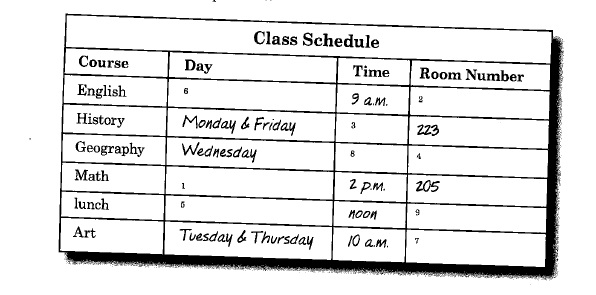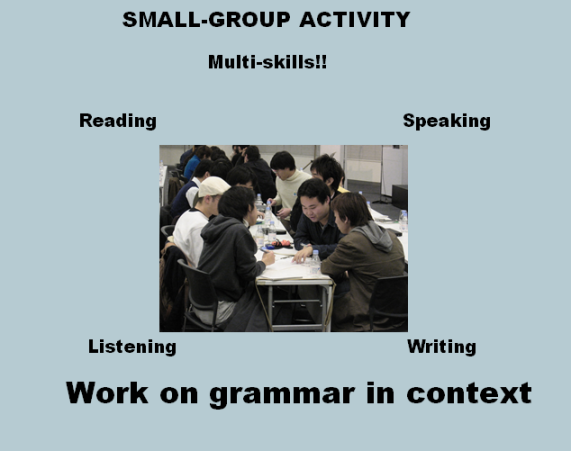
In the documentary, Becoming, about Michele Obama, Michele is asked about feeling invisible. Her description made me think more about how many of our ESL/International students probably feel invisible in classes, on campus and in society, and how we can help them.
My personal experiences with feeling invisible are quite trivial compared to what some of our students experience, but a recent episodes gave me a bit of a taste of how it feels.
I was talking to a colleague (we’ll say his name was Ben) outside the library when a young woman whom I didn’t know walked up to us with a smile on her face. The two of them obviously knew each other and started talking animatedly, without Ben introducing us. After a couple of minutes, they walked off together across campus.
That experience had little effect on me other than feeling a tad off balance or slightly irritated momentarily. But for International and minority students, being treated as invisible can be quite disheartening.
One young man described it this way, “The problem is that to many people, I am simply invisible. Nobody says ‘hello’ to me. Nobody nods to me. Nobody recognizes me as a person with something to say. Nobody listens to me. People make assumptions about me on the basis of my color and where I come from…But I am a person and have something to say — both as an individual and on the basis of my distinctive experience.”
In our classrooms, we can see the students who are probably feeling invisible. They are the ones who are not greeted by others who look past them and start talking to more familiar friends. Or the ones overlooked when their classmates are told to find a partner for an activity. Or the ones who sit silently seemingly unnoticed in group discussions.
How to help our ESL students feel visible.
Continue reading →



